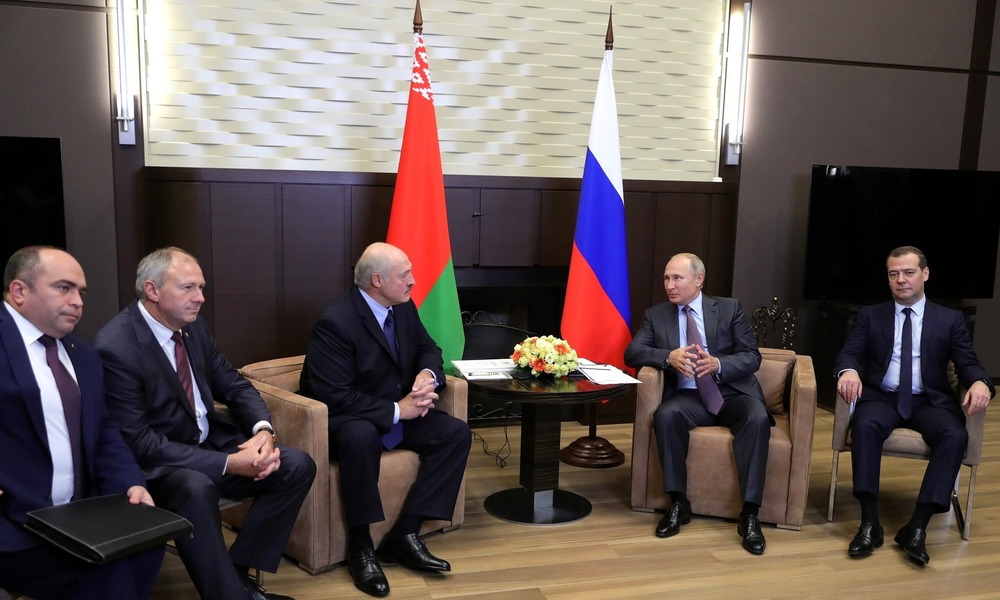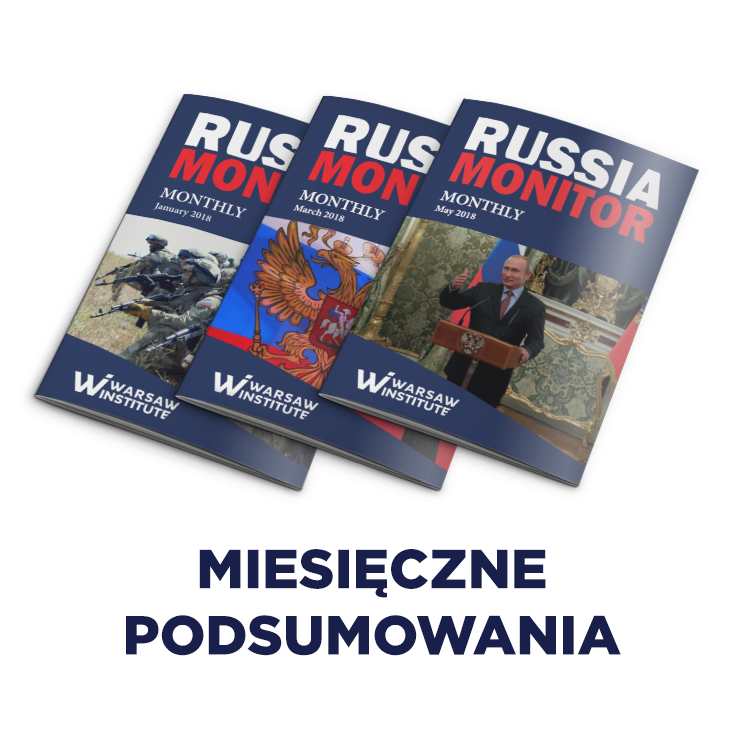RUSSIA MONITOR
Data: 18 December 2018
Russian Ultimatum: Minsk Excludes Russia’s “Incorporation” Plans – Pt. 2
The world community has recently witnessed yet another escalation of tension between Russia and Belarus. In response to Alexander Lukashenko’s expectation that Moscow would maintain the actual subsidization of the Belarusian economy, Russian Prime Minister Dmitry Medvedev gave him a real ultimatum, under which economic aid will be maintained while Minsk must agree to unfreeze the two countries’ integration process within the Union State. If all the provisions of the 1999 deals are to be implemented, Belarus will basically risk the loss of its sovereignty. Such an ultimatum met with an extremely sharp reaction of the Belarusian President. In this context, a meeting between Russian and Belarusian leader, scheduled for December 25, may appear decisive in this matter.

Lukashenko’s words came only a day after the summit of the Union State in Minsk, during which Russian Prime Minister Dmitry Medvedev mentioned two plausible options for further integration. Instead of being just a proposal for Belarusian authorities, they constituted rather a form of blackmail, some Belarusian experts have claimed. Medvedev said that there were currently two variants for the development of the Russian-Belarusian integration processes, one of which he referred to as “conservative” while the second would take into account increasing the integration’s level to the degree provided for in an agreement signed by Russia and Belarus in 1999. Lukashenko’s statement indicates that Moscow gave him an ultimatum, according to which the Kremlin would continue to subsidize the Belarusian economy whilst expecting Minsk to agree on an unacceptable integration model. Belarusian President has accused Moscow of attempting “to incorporate” Belarus into Russia while using its oil and gas leverage and under the pretext of “deeper integration”. Worse still, Lukashenko stated, Moscow is now envisaging plans to establish a monetary union with a common central bank, yet such an idea would be equivalent to “to creating the union from the roof, not from the basis”. According to Lukashenko, some claim that Russia is ready to incorporate six Belarusian regions into its territory. He stressed that this would even happen as “sovereignty is a sacred thing for Belarus.”
Unofficially, Belarusian media published information that a few days earlier Lukashenko had held a closed conference meeting with the state’s top officials, during which they discussed Belarusian sovereignty in the light of Russian pressures. All participants allegedly backed the idea of defending Belarus’s independence at all price. During a traditional annual conference for Russian journalists, Lukashenko took a very hard position. For instance, he stated that Belarus did not intend to establish any Russian air bases on its territory, assessing that “no one would need such facilities” and arguing that Belarus has at its disposal several air bases where Russian aircraft could be stationed. It may thus be concluded that the state authorities do not take into account the possibility of hosting Russia’s forces on its soil without controlling their activities. Importantly, while mentioning that two Russian military facilities on Belarusian soil operate undisturbed, Lukashenko stated that their lease was soon about to expire. It is about Hantsavichy Radar Station located near Baranavichy and the Vileyka communications center. Under the provisions of the Partnership and Cooperation Agreement from 1995, Belarus agreed to host Russian military facilities until 2020. This may mean that the lease extension will be included in Russian-Belarusian negotiations on integration and subsidies.
Belarusian leader announced that during his meeting with Vladimir Putin scheduled for December 25, he would tackle the issue of Belarus’s losses resulting from changes in Russian oil taxation system. It basically means that Belarusian refineries will receive all duties on petroleum products and higher prices for Russian oil. As estimated by Lukashenko, over the past three years, Belarusian budget stands to lose up 3 billion dollars while the amount may rise to 11 billion dollars in a five-year perspective.
Wszystkie teksty (bez zdjęć) publikowane przez Fundacje Warsaw Institute mogą być rozpowszechniane pod warunkiem podania ich źródła.














